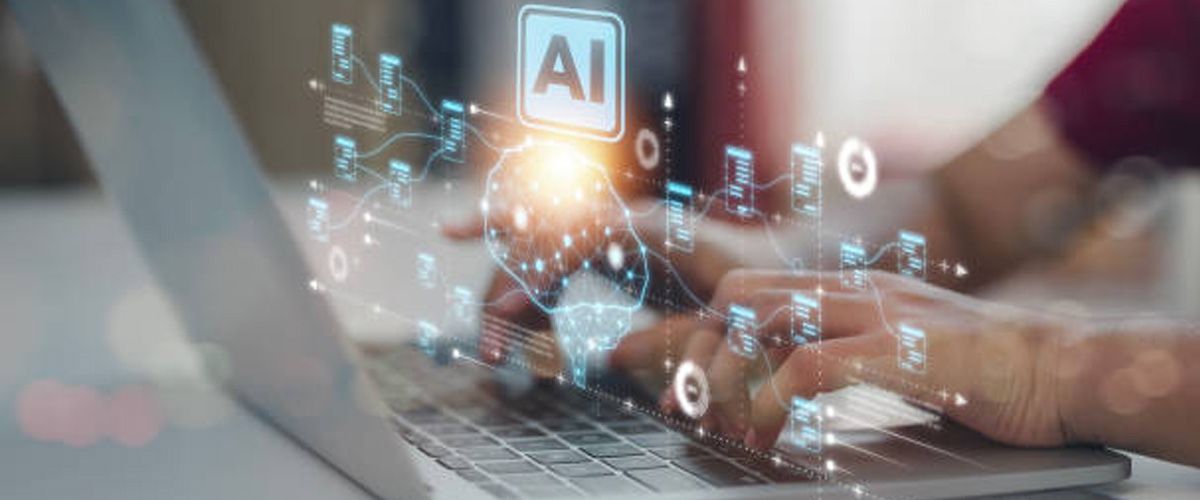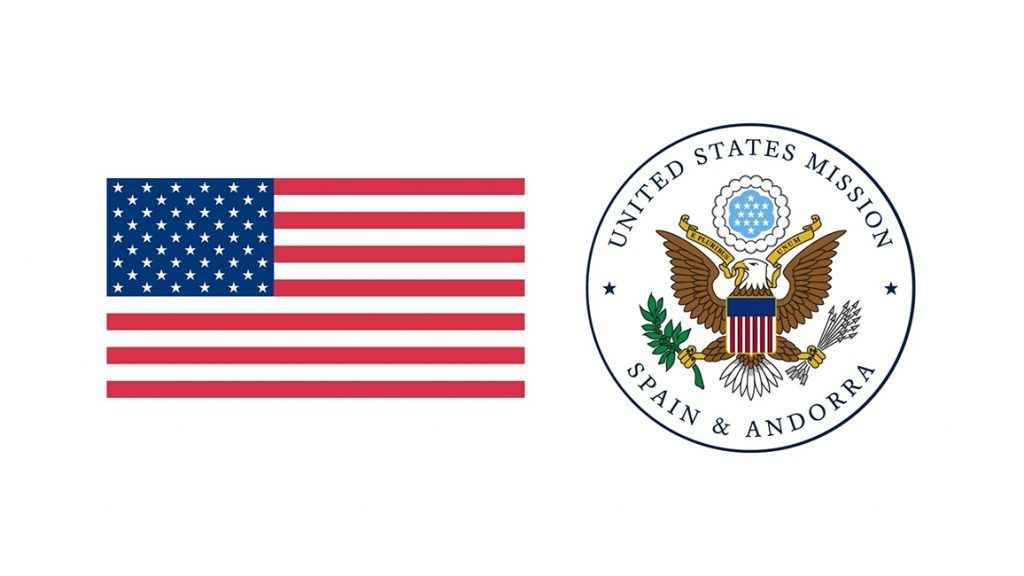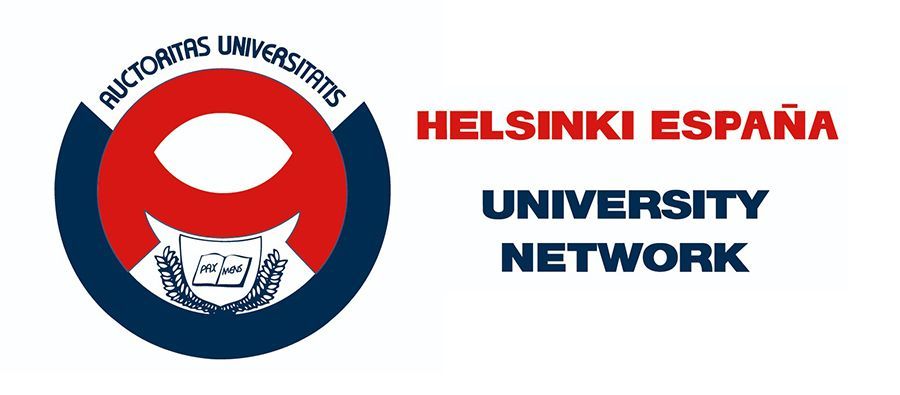contest winners (2024)

Jayesh Relwani Manghnani
Universidad de Sevilla
AI, DISINFORMATION AND YOUTH: SIMPLE SOLUTIONS FOR GLOBAL SECURITY THREATS
Since Ancient times, information has had a crucial role in public affairs and warfare. It has had a special value and a privileged position that made it worthy of States’ most protected secrecy, as a form of safeguarding power. On the other hand, the use of fake information has also been one of the instruments to achieve political and military objectives. Nowadays, it is no different. On the contrary, it has gained more importance than ever before, which keeps increasing daily thanks to new technologies like artificial intelligence. To the point that it has been widely said that data is the future fuel of the world¹. However, new potential threats with serious consequences not just for national, but also for global security have emerged as a consequence of the massive spread of disinformation through AI. Therefore, if we do not act from the beginning and take for granted these issues, we will make the same mistake that we made with fossil fuels: an uncontrolled technology with the capability of undermining our own security and existence. As a young student, I am aware of the youth’s possible limitations in the field of AI in comparison to experienced researchers and experts. However, I firmly believe that through simple, daily actions, we can contribute decisively to tackling the menaces of a digital world where it is becoming harder to discern the truth from falseness.
Firstly, from my own experience, effective results can be achieved through one of the most empowering tools in society: education. I believe that students must demand updated academic curricula which includes AI-related subjects as I believe that most syllabuses still do not contemplate them and that the first step to understand this revolutionary phenomenon is through an adequate study of it. What’s more, as a former member of the Debate Club at my university, I can say from my own experience that the youth is highly interested in learning and taking the lead, therefore permanent forums of discussion (at all levels, local, regional, national and international) and initiation into multidisciplinary research about global security and AI should be fostered at higher education institutions. These actions can offer us constructive, fact-based debates that promote a culture of peace and cooperation, which is essential in these bellicose times. Furthermore, in order to be heard and taken into consideration, the youth must have a permanent place at the heart of the political decision-making processes when it comes to disinformation and AI, especially in this current initial phase in which the world’s first AI Regulation Act² and AI-related International Treaty³ have been recently approved by European organizations4. Secondly, I defend that the implications of AI with defense ought to be taken into special consideration and a broader concept of security is desirable too, so its true importance can be appreciated5; one that englobes not just the military field, but also all other aspects of public and private affairs that can affect security indirectly, both at a national and an international level6. Finally, there is no doubt that the disruptive force of AI is widening even more the digital divide and that, us, as digital natives, we are still in a better position than older generations who may lack technological knowledge. Hence, I defend that in the face of the inexistence of an instrument to combat AI-generated fake news, for the time being, the best solution once again is education. This could be achieved through volunteering programs in which we can teach senior citizens and other vulnerable groups and provide them with the necessary tools to detect disinformation, so that their right to safe and secure technologies can be fulfilled7.
To sum up, in the current context in which AI is developing at an extremely fast rate and in the absence of a definitive solution to massive spread of disinformation, my proposals for the youth’s role in this field are based on three simple, yet effective pillars: education, an active commitment and participation and the sharing of knowledge in the interest of the community.
1 https://elibrary.worldbank.org/doi/10.1596/978-1-4648-1325-2_ch1
2 https://digital-strategy.ec.europa.eu/en/policies/regulatory-framework-ai
4 Different initiatives, like the European Student Assembly can be the perfect platform to implement the debate culture and political feedback that I defend in the field of AI and disinformation. https://eucinitiative.wordpress.com/
5 Spain’s Central Military Court already defined national defense in its judgement of 11th of July 1989 as an “essential function of the State that goes beyond the military dimension to integrate in the general policy of the State, considering military, international, socioeconomic and even scientific demands”.
6 For example, I believe that misinformation about COVID-19 vaccines was not just a matter of public health, but also of national security.
7 https://digital-strategy.ec.europa.eu/en/library/european-declaration-digital-rights-and-principles





